The COVID-19 pandemic has impacted people’s mental health worldwide and brought to the surface not only the stigma that surrounds mental health, but also the disparities that often accompany various mental health conditions. After hosting two webinars on reporting on mental health, we asked our HJN Ambassador Babatunde Okunlola to work with his local network of health journalists in Nigeria on identifying quality media coverage of mental health in the most populous country in Sub-Saharan Africa. The story that originally inspired us for this series was an audio documentary produced by Babatunde himself on police brutality and trauma (included below). Take a look – and a listen – to some of the stories that received a mini grant to report on this multi-faceted and under-reported topic.
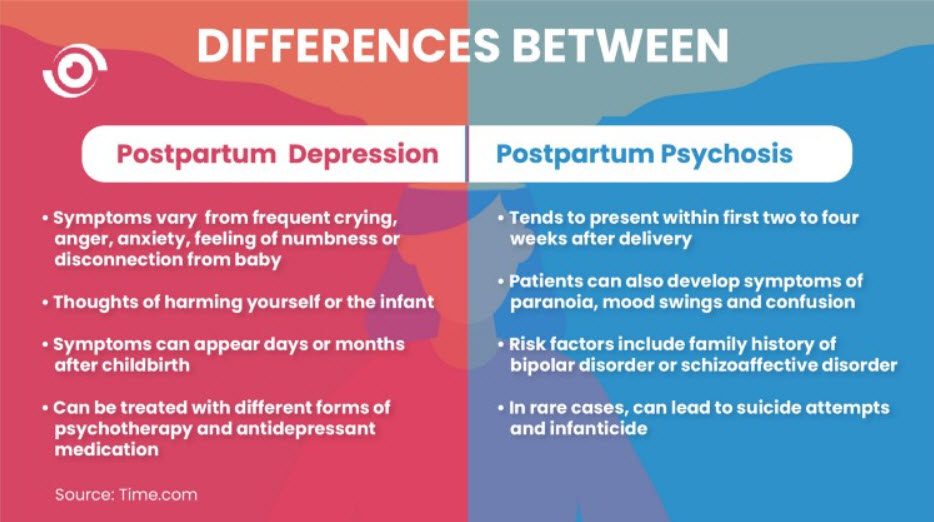
In this critical story about post-partum depression, health journalist Chibuike Alagboso investigates prevailing attitudes towards maternal mental health and the important work led by Onyedikachi Ekwerike, a clinical psychologist and the founder of the Postpartum Support Network Africa. Read more.
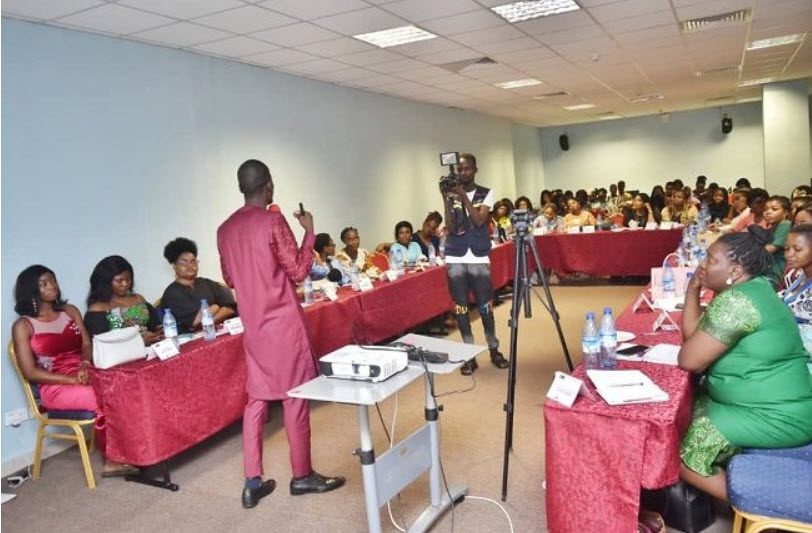
In a special report for the Nigerian Tribune, reporter Ifedayo Ogunyemi highlights the mental health toll of the global COVID-19 pandemic on many Nigerians due to economic hardship and social isolation. Life Coach and Mind Therapist Michael Jacob shares how he was swamped with requests for help to cope with pandemic-induced stressors. Read more.
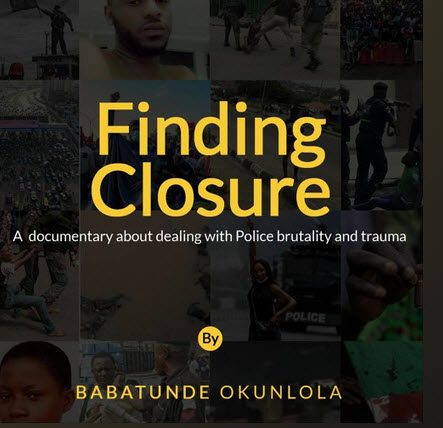
When the #BlackLivesMatter movement went mainstream in 2020 and people all over the world took to the streets, Babatunde Okunlola investigated how a similar movement led to the disbandment of the Special Anti-robbery squad in Nigeria, a unit accused of abuses and misconducts, against ordinary Nigerians. Listen.

On the occasion of World Mental Health Day on October 10th, Zainab Oyiza Sanni filed a special report on the state of mental health in Nigeria. She discusses the stigma that often surrounds it and the various coping mechanisms adopted by the people who suffer from it. Listen.
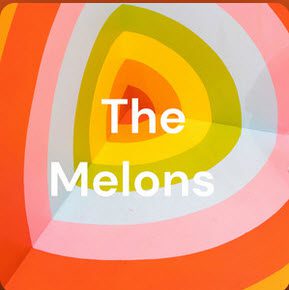
Melony Ishola presents “Corona babies: the impact of Covid-19 on Nigerian children.” How have parents of young children coped with the prolonged COVID-19 pandemic? What has been the mental health toll on young children and their families? The impact of digital learning. Missing being together. Listen.
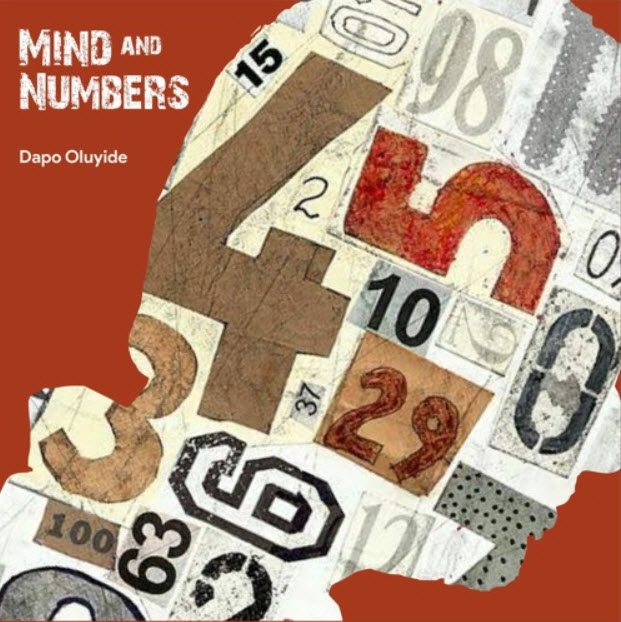
Brain drain contributes to the low number of mental health providers in Nigeria: 250 psychiatrists in the entire country. Despite the global pandemic and other mental health stressors, Nigerians continue to shy away from seeking help. In this audio story, Dapo Oluyide explores the mental health stories behind the numbers. Listen.

In this first-person testimonial, journalist Chidera Rosecamille Aneke shares her journey coping with depression and asking for help. While coming to terms with her own struggle, Chidera addresses important issues related to stigma around therapy and medications. Listen.
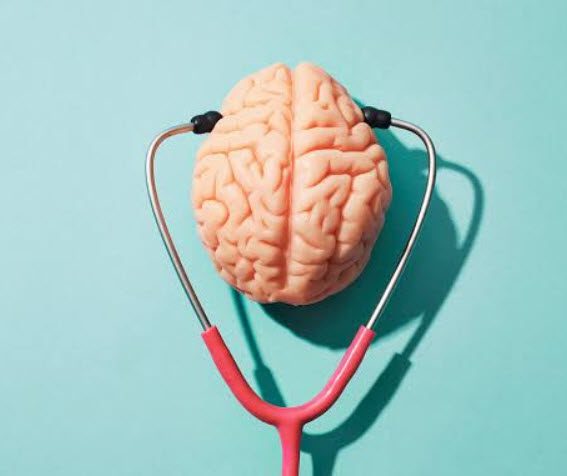
In this article for the Factual Times, Oyewale Oyelola addresses the prevailing misconceptions that exist around mental health in Nigeria. After diving into some of the root causes, the journalist interviews a psychiatrist and provides helpful resources. Read more.

In her health radio show The Clinic, Yecenu offers a space to professional Nigerian women for sharing how they strive to maintain work-life balance and what they do to care for themselves. From diplomats to entrepreneurs, female guests discuss the challenges of modern-day life and of meeting family expectations. Listen.
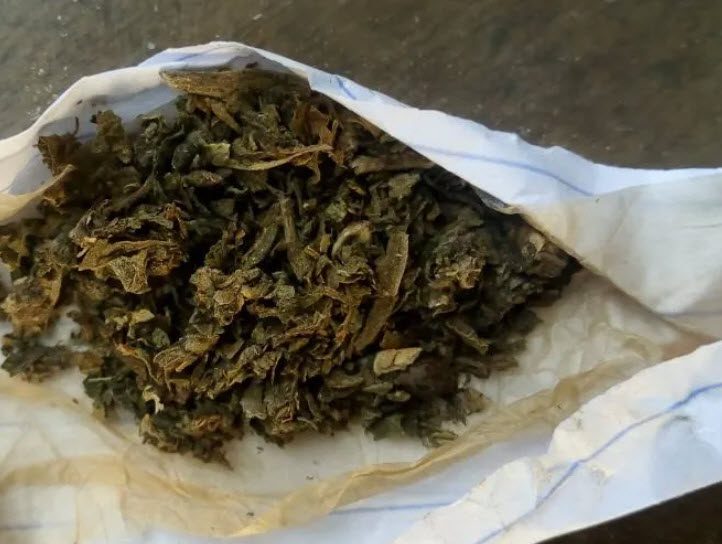
The honorable mention of this series, goes to an undercover story published by the Nigerian Foundation for Investigative Journalism. It is about drug abuse and police corruption in Lagos. The link with mental health is that drugs are the coping mechanism for many who suffer silently but don’t ask for help. Read the entire story.